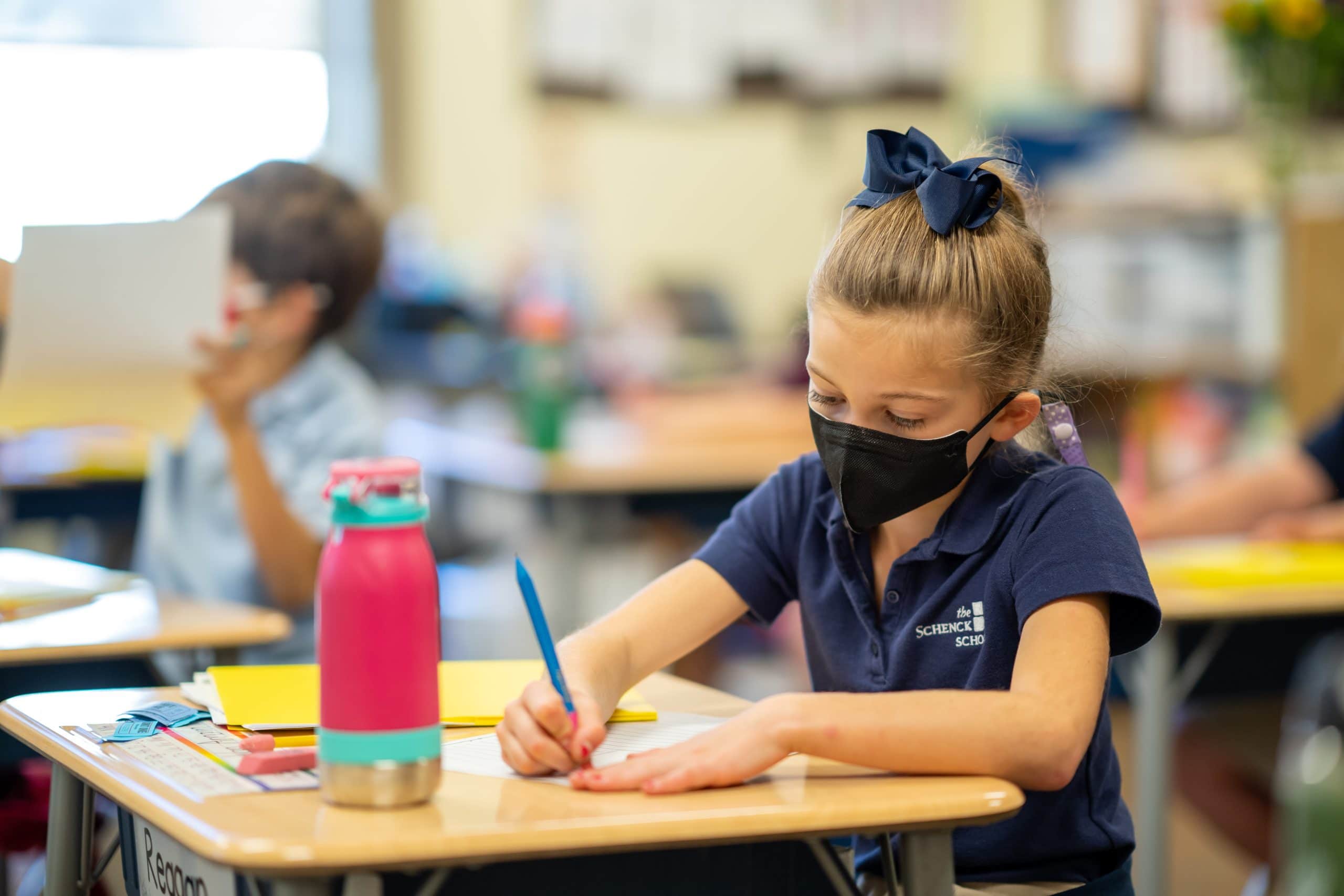Expository writing—writing designed intentionally to educate and explain—is a valuable tool for struggling readers. Working with expository texts helps students organize thoughts, follow a plan, and understand the purpose of writing structures. However, students often find expository writing exercises lackluster in unique subject matters, especially those who struggle to read. So how can teachers overcome these obstacles?
On April 27th, 2022, Laura Dreyer, M.S. of The Schenck School will present a webinar centered on the importance of structured literacy and expository writing. The webinar, Structured Literacy: Writing and Content Unite, is aimed at teachers who want to unite engaging content with writing in their classrooms. We sat down with reading specialist Laura Dryer to discuss her background and gain insight into her upcoming IDA-GA webinar. Read below to learn more about why expository writing through structured literacy is so vital for students, the impact of her webinar’s topic, and Laura Dreyer’s teaching journey.
Question: Why is it important to hone students’ writing skills throughout their educational journey?
Dreyer: “If you are not a strong writer, you can’t find a career where your lack of writing skills isn’t an issue. Currently, 70% of salaried positions include writing, and many companies find themselves in the position of having to train employees on how to write because of their lack of skills. So, to communicate in written form is becoming vital to a student’s future success.”
Question: How can educators make expository writing activities enjoyable for their students?
Dreyer: “I always try to pick topics that are engaging and of high interest to my students… I try to keep the pace of instruction moving, so we get to a new topic every two weeks.”
Ms. Dreyer’s suggestion encompasses two vital components of successful instruction: engagement and pacing. To introduce expository writing as an engaging endeavor, educators should consider their students’ interests. By choosing texts that align with students’ particular hobbies or activities as an initial activity, these exercises become more intriguing and enlightening. Yet, an educator should not limit the topics. Students learning about important topics beyond their scope of knowledge and interests is crucial to their development as blossoming academic writers, so teachers should challenge students to write with the intention of expanding their general knowledge. Learning about new subjects is part of a well-rounded expository writing curriculum that will eventually lead to enhanced reading comprehension.
Pacing is also a key component of efficient expository writing instruction because it retains students’ attention. Through progressive exposure to different topics, students adapt the knowledge they gained in previous expository writing lessons and utilize it in the new one. This challenges students to apply their acquired knowledge without experiencing fatigue from spending too much time on a subject.
Question: What would you like people to take away from your Structured Literacy: Writing and Content Unite webinar?
Dreyer: “Teaching expository writing is far from dry! I want teachers who attend the webinar to be excited to create expository units with their classes. The idea of expository writing might be boring or dry to students, but it can be an empowering tool.”
Question: The Schenck School was founded to teach students with learning differences such as dyslexia. What about The Schenck School inspires you?
Dreyer: “It is a mission-driven school–everyone is passionate about the extensive history and work this school does. Everyone is invested in the mission of The Schenck School, which reflects in our work. And everyone who works at this school is so nice!”
About Laura Dreyer
Laura Dreyer began her teaching journey in 2007 after graduating from Hobart and William Smith Colleges. Before touching the lives of her students at The Schenck School, she worked at The Windward School in New York as a teacher and staff developer. Through tutoring, classes, presentations, and this upcoming webinar, she has an extensive track record of supporting struggling readers to overcome their unique challenges.
She moved to Georgia in 2019, where she furthered her teaching career at The Schenck School. Currently, she is a 6th grade teacher. Laura earned a master’s degree in literacy. She also holds a certification from the International Multisensory Structured Language Education Council (IMSLEC) at the teaching level.
About the Webinar and its Host Organization
The International Dyslexia Association (IDA – Georgia Branch) provides research-based information to help struggling readers by increasing community awareness and remediation of dyslexia. To achieve its goal, the IDA periodically hosts webinars that cover various topics designed to help folks impacted by dyslexia, specifically educators who work with struggling readers.
Participants of the seminar will explore effective pedagogical approaches that merge meaningful content with writing instruction to improve reading and writing skills in students. They will also examine the process of creating expository units for a plethora of topics. During the webinar, Ms. Dreyer will share examples of sentences, paragraphs, and essay activities that benefit students across grades, skill levels, and subject areas.
ReadSource is proud to support educators like Laura Dreyer that make a difference in the lives of learners. Our mission is to empower teachers of struggling readers and students with language-based learning differences through a wide range of online resources and teacher training. If you’re an educator seeking teacher training courses, our Reaching All Readers virtual course covers research-based tools and strategies to help struggling readers overcome their reading challenges. Contact us today!
The recording and slides for Laura Dreyer’s webinar, Writing and Content Unite: Creating Expository Writing Units, are now available on IDA-GA’s website. Click here to watch!








Leave a Reply